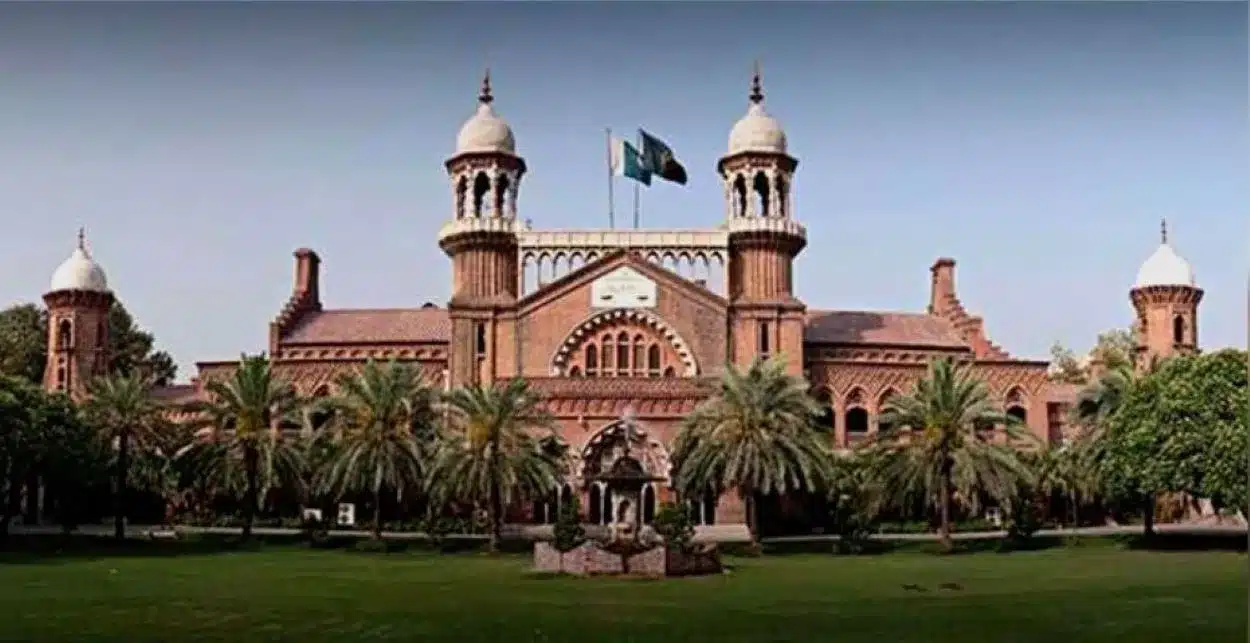In a defining verdict, the Lahore High Court (LHC) has announced that obtaining mobile phone data without the permission of either the concerned individual or the presiding magistrate is illegal.
The Lahore High Court (LHC) decision aligns with Article 13 of the Constitution, which guards against self-incrimination and double punishment.
The LHC’s ruling came to light during the hearing of a case against Rehmatullah. He was previously convicted and sentenced to jail on charges of affiliation with an extremist group and for disseminating prohibited material. However, in this instance, the court gave him the benefit of the doubt.
Presiding over the case was a two-judge bench consisting of Justice Ali Baqer Najafi and Justice Amjad Rafiq. After deliberation, they decided to acquit the accused, who had earlier received a 10-year imprisonment sentence from an anti-terrorism court.
The Right to Privacy and the Role of Mobile Data
The LHC further stated that obtaining mobile data without consent infringes upon the right to privacy. The court insisted that if an individual is unwilling to share their phone records, at the very least, the approval of a magistrate should be sought.
The court’s observation emphasized the personal nature of information on a phone, likening it to the privacy of one’s home. It noted that in this digital age, we interact with loved ones through audio and video communication via our phones. Just as every relationship within the four walls of a house is constitutionally protected, so is the data on our phones.
From the court’s perspective, people read books, use search engines like Google, and interact on social platforms like Facebook, YouTube, and Twitter—all activities not restricted by law. If an individual wants their phone information to remain confidential, it should not be extracted without their consent or lawful instruction. However, if there is an immediate link between the required information and a criminal act, it can be reported to the court within 24 hours.
In conclusion, the LHC ruled that any evidence did not substantiate the prosecution’s allegation of material distribution. Furthermore, the so-called material from the mobile was never presented to the accused during witness testimony. Consequently, the court decided to acquit the accused.






